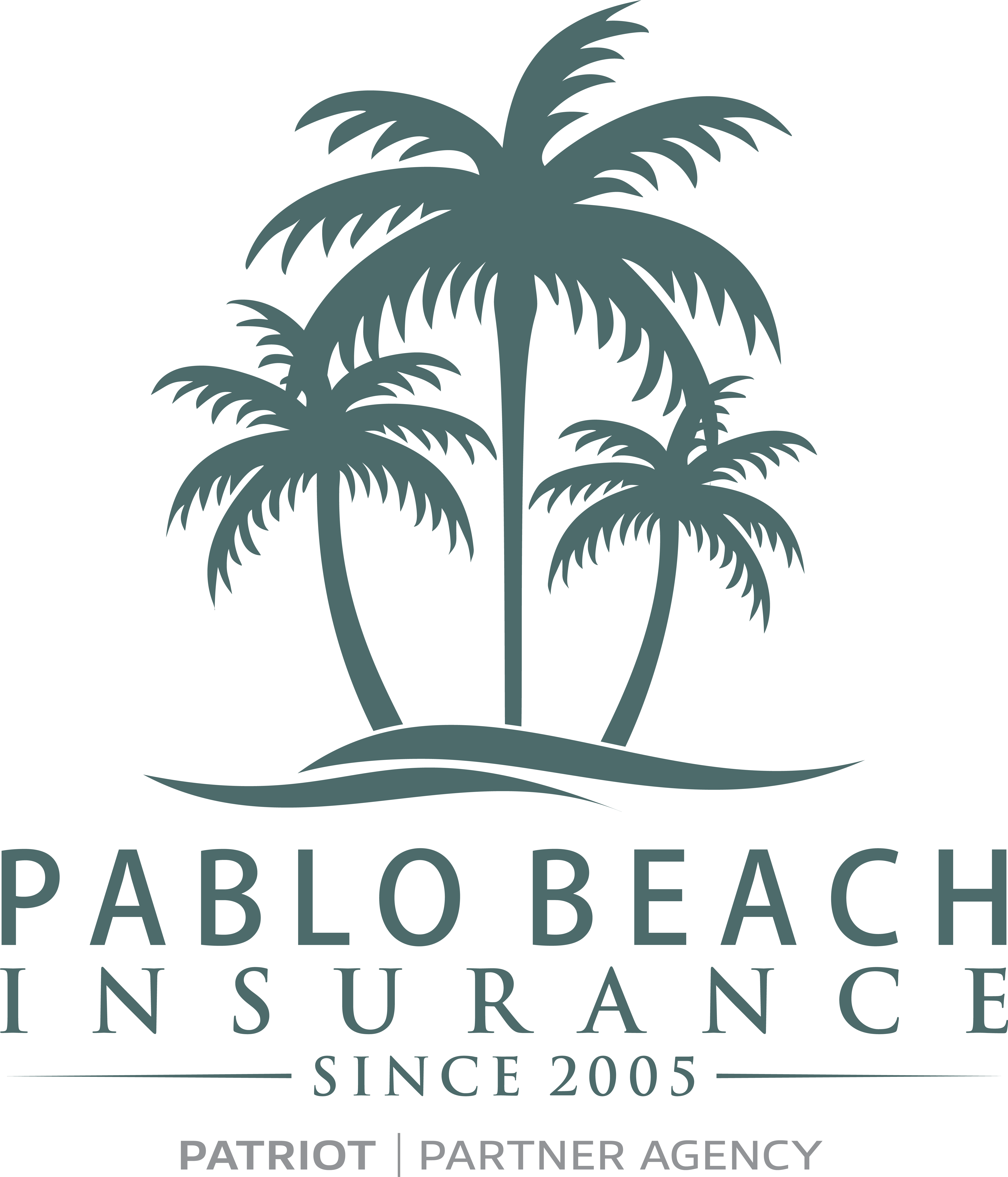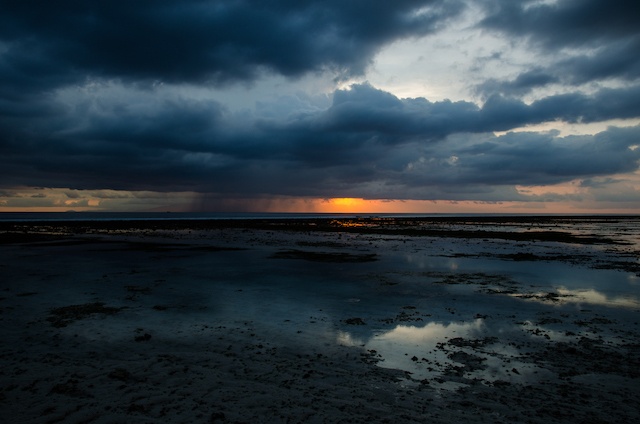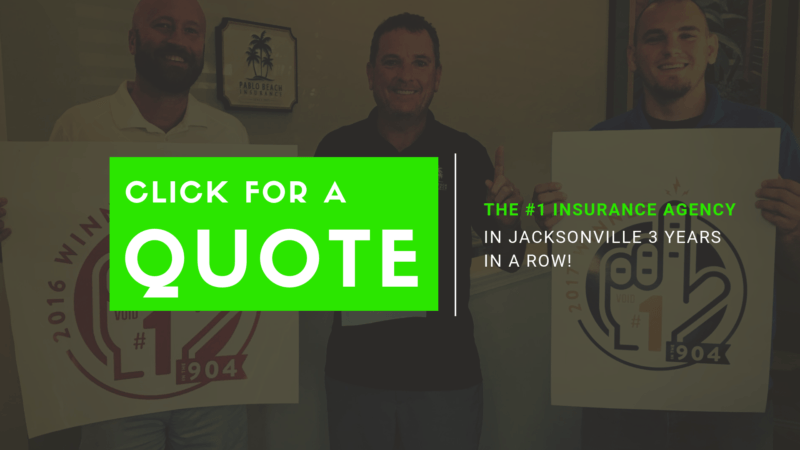Hurricanes are devastating storms that can cause a wide path of devastation in their wake. There is one good thing about hurricane storms. Unlike tornados that come and go without warning, a hurricane can be tracked from the very beginning giving weather forecasters a good idea where it will make landfall and how strong it will be when it finally arrives. This allows homeowners to prepare their homes and themselves for the upcoming storm. One thing that should already be in place is flood and hurricane insurance. An insurance agent can answer questions that may arise about the various types of insurance and just exactly what each one covers.
Types of Hurricane Damage
Hurricanes are exceptionally strong storms that bring winds in excess of 80 to 100 miles per hour. The high winds are accompanied by driving rain and storm surges that can be devastating to roadways and any other objects in their paths. The strong winds are also notorious for picking objects up and carrying them along, damaging homes, automobiles, businesses, landmarks, etc. After the eye of the storm passes, the rains continue causing flooding in streets and homes. Tidal waves can continue to pose a problem for hours after the hurricane has died down. A homeowner’s policy may cover the majority of this damage, but to be fully covered, a flood insurance policy should also be in place.
What Is Covered Under Hurricane Insurance?
According to Florida state law, a homeowner’s policy must include some form of hurricane coverage. In most cases, this specific coverage pertains to damages caused by high winds and flying objects. Most policies also have separate deductibles in place for the homeowner portion of the policy and one for the hurricane portion. A homeowner’s policy doesn’t normally cover water or flood damage that results from a weather-related event. The homeowner must purchase a separate flood policy to cover most types of water damage. It’s also important to remember that many types of flood insurance can take up to 30-days from the day of purchase before they go into effect. If you live in an area where flooding is common, (hurricane-related or not), you should purchase your flood insurance as soon as possible to ensure that your home is fully protected.
While homeowner’s and hurricane insurance are often included in the same policy, they do have differences that are unique. Hurricane coverage deals specifically with wind, hail, and other types of damage that are the direct result of a hurricane or hurricane force winds. Other types of wind damage will normally be covered by the homeowner’s portion of your policy. When you are unsure of what your homeowner’s or hurricane policies cover, make an appointment with your insurance agent and ask them to explain your coverage benefits.
Hurricane Preparedness is Crucial
While it sounds like a good policy to have, there is no specific policy known as “hurricane insurance”.
Damages resulting from a hurricane are typically covered under your standard insurance policy with specific exclusions listed. This is true for standard homeowners, renters, and business insurance policies.
The best time to get a policy is as soon as possible. Once a storm warning has been issued, insurers no longer bind coverage. If you wait till a storm is approaching to try and get insurance, then it will be too late. Some policies, like Flood Insurance, take 30 days to go into effect. So, the time is NOW to get or review insurance to cover you during storm season.
Florida Insurance Experts
For almost 15 years, PBIG has been helping Florida residents by getting them the right coverage at the right price. We are locally owned, have a casual approach, and deliver professional results. Click below to get a no-hassle, free quote from one of our experts.


